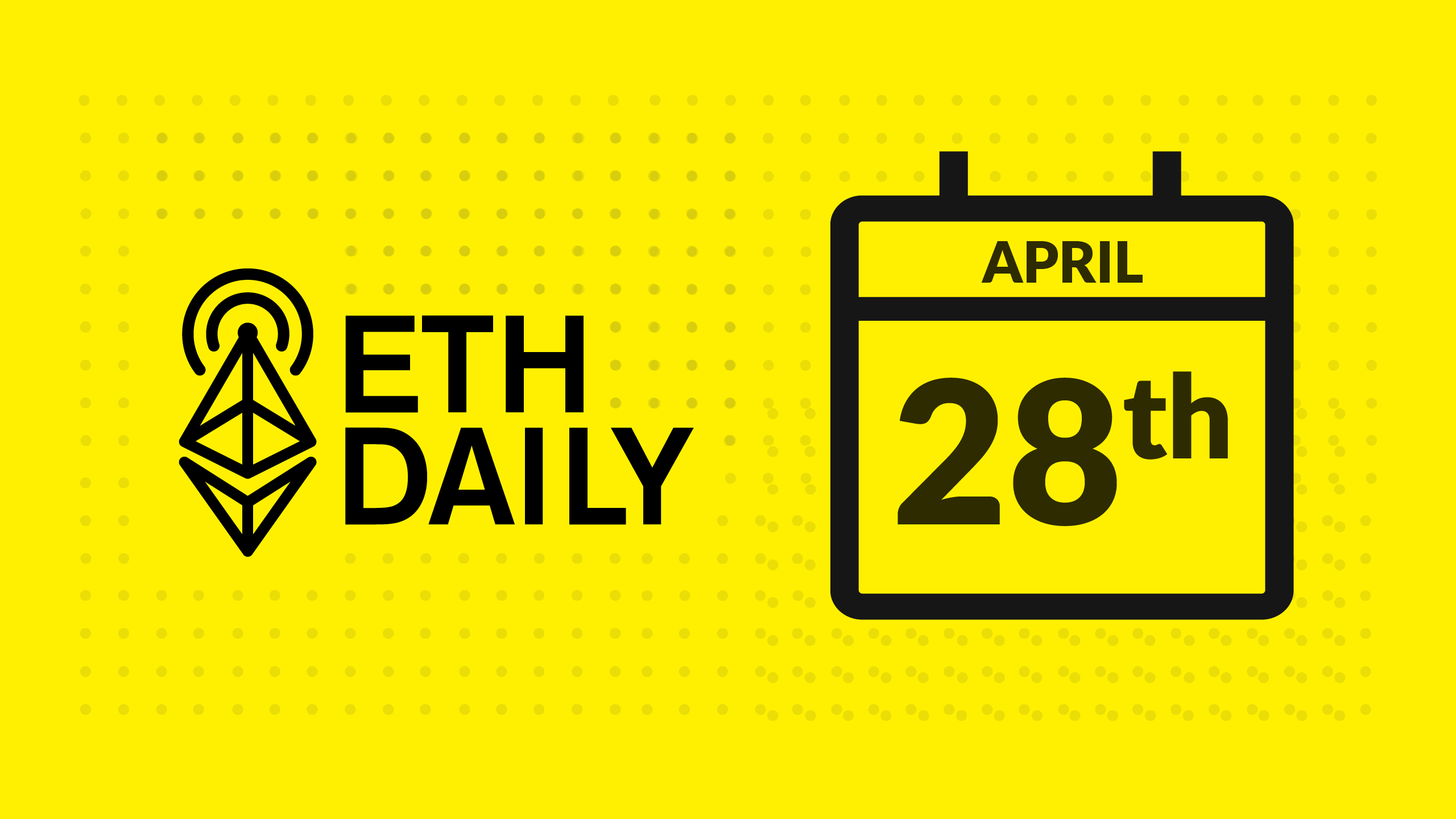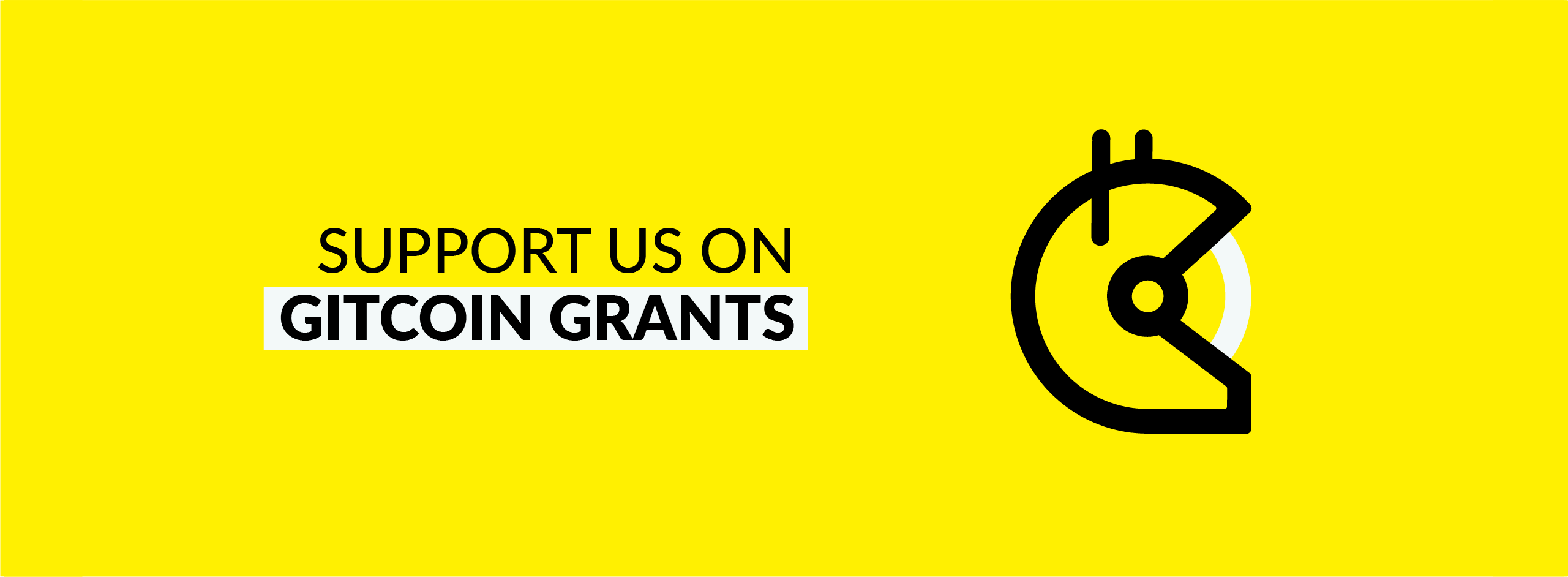OpenZeppelin Shares ERC-4337 Audit Insights
Friday, April 28, 2023

Quick Take
- OpenZeppelin shares insights from its ERC-4337 audits.
- Findings on Ethereum’s 99% energy reduction.
- Astaria releases a beta version of its NFT lending protocol.
- Balancer introduces rETH and stMATIC boosted pools.
This episode is made possible thanks to Ether Capital!

Looking for more transparency when it comes to your staking operations? Try out Ether Capital’s new staking dashboard. It’s a free analytics tool that tracks your rewards and monitors validator performance from one platform. Register today to access the beta version: beta.ethcap.co
OpenZeppelin ERC-4337 Audit Learnings
OpenZeppelin shared insights from its incremental security audits performed for ERC-4337 in collaboration with the Ethereum Foundation. The standard seeks to implement account abstraction at the application level. Account abstraction refers to using contract functionality to improve security and features on user accounts.
OpenZeppelin notes that an Account Abstraction implementation is more secure at the protocol layer. While ERC-4337 introduces new features, it also brings potential attack vectors. OpenZeppelin says malicious users can potentially get free transactions by tricking paymasters, which are entities that pay for user transactions in native gas tokens.
OpenZeppelin also recommends that developers set up security monitoring with its Defender Sentinels tool, which supports circuit breakers, automated actions, and notifications. Defender Sentinels helps safeguard deployed contracts against known risk parameters. ERC-4337 has been under development since 2021.

Ethereum Achieves 99% Energy Reduction
New Science, a science publication, reported findings that Ethereum’s transition to proof-of-stake has successfully reduced the network’s energy emissions by 99.99%. The Cambridge Centre for Alternative Finance (CCAF) estimates that Ethereum will only consume roughly 6-gigawatt hours of energy in annual consumption.
Before the Merge, Ethereum proof-of-work was on track to consume roughly 21 terawatt hours in energy annually, equivalent to the annual power consumption of Iceland. According to data from Cambridge. Ethereum’s estimated annual energy use is now equivalent to the consumption of only 1628 U.K. households.
Astaria NFT Lending Beta Release
Astaria released a beta version of its NFT lending protocol. The release allows whitelisted LSD NFT holders to obtain a 0.1 ETH loan against their NFT. Users can still enroll in the beta through the Astaria Discord. Astaria is also launching a competition for borrowers who successfully open and pay back loans.
Astaria aims to provide instant liquidity for top NFTs using a three-actor model consisting of a borrower, a liquidity provider, and a strategist. Rather than price, Astaria uses NFT loan terms written by a strategist as a basis for liquidation. Borrowers can also buy back their NFT from an auction. Astraia plans to release an open beta in the coming months.

Balancer rETH And stMATIC Boosted Pools
In partnership with Rocket Pool and Lido, Balancer deployed boosted pools for rETH on Arbitrum and stMATIC on Polygon. The boosted pools route the base token from liquid staking token pools into Aave V3 for a yield boost. Boosted pools allow LPs to earn a yield on idle base tokens in addition to swap fees.
Boosted pools hold a cash balance that is just enough to cover a little over the daily trading volume. The remaining assets, which are held in interest-bearing protocols, remain accessible if needed. Balancer opened generalized boosted pools for community integrations earlier this year.
Chainbase Integrating Tooling On Scroll
On-chain data infrastructure provider Chainbase announced it will integrate its data tooling on Scroll. Chainbase tooling allows developers to index, transform, and use on-chain data through APIs, pipelines, and SQL. Scroll is an EVM-Equivalent ZK-Rollup that supports bytecode-level compatibility with Ethereum.

